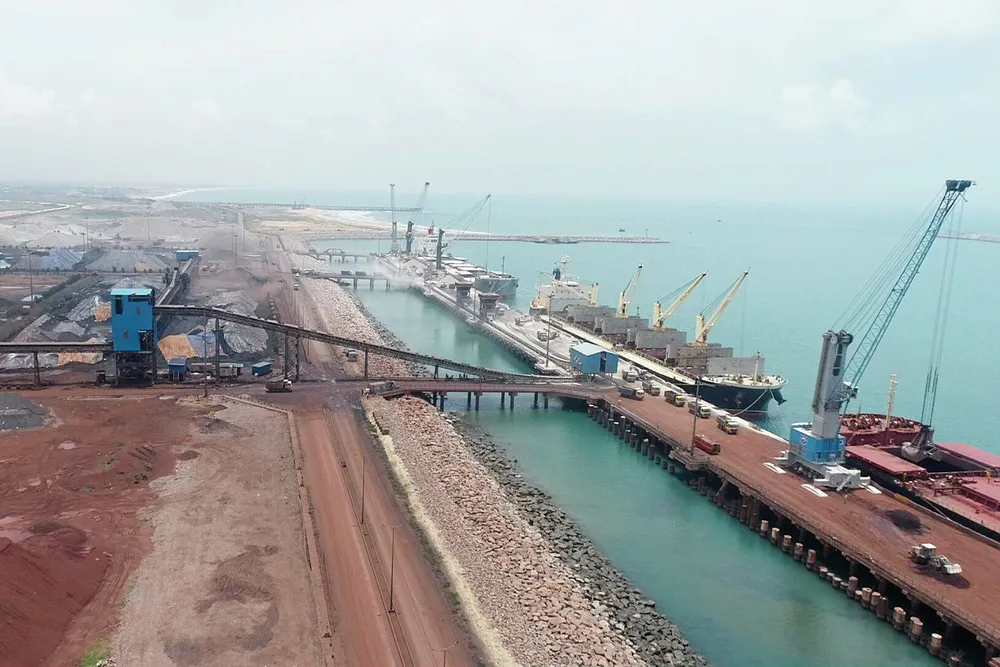Indian state-owned financier pledges $3.7bn to two green hydrogen and ammonia projects at Tata Steel site
Both facilities are due to be built at the same industrial park in the Indian state of Odisha

Both facilities are due to be built at the same industrial park in the Indian state of Odisha
